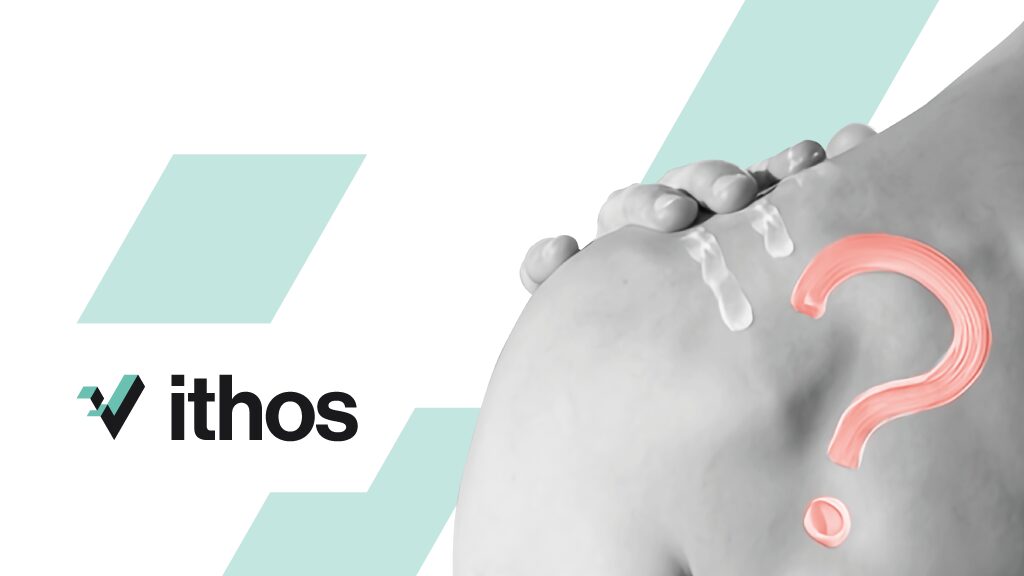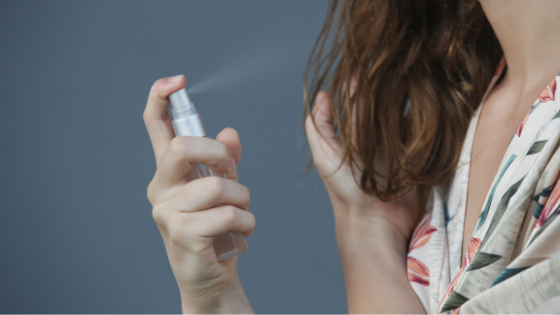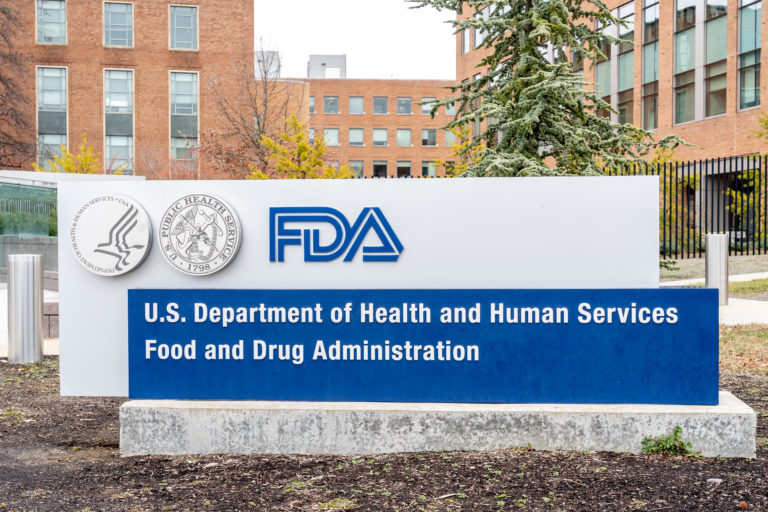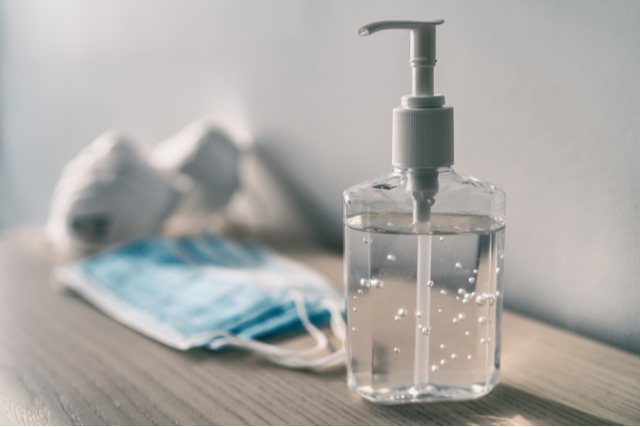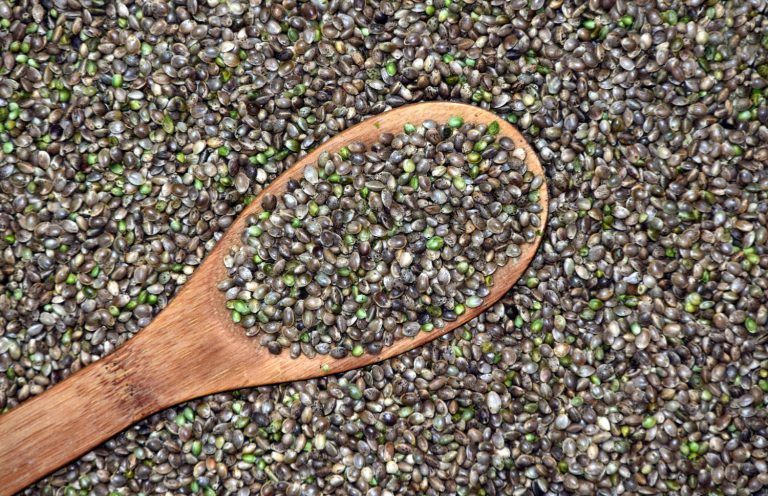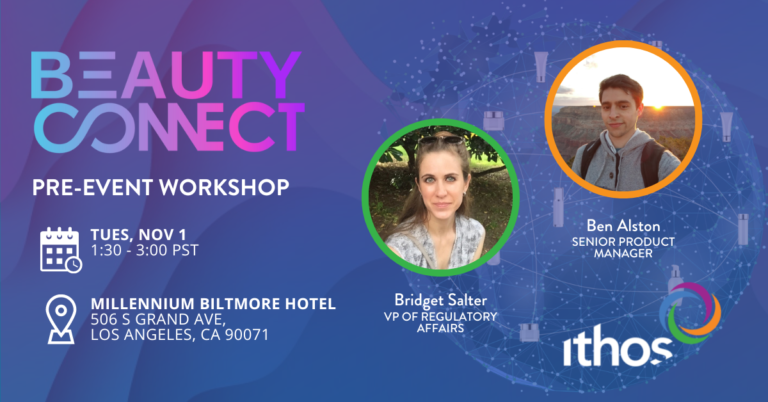Key Takeaways
What is changing
Currently, the US FDA has deemed only two sunscreen active ingredients as GRASE (Generally Recognized as Safe and Effective), Zinc Oxide and Titanium Dioxide (both up to 25%), based on new data and changed conditions since the issuance of the 1999 monograph. The FDA has requested additional safety information for other sunscreen active ingredients that have been historically used in the US. All other sunscreen active ingredients are currently allowed to continue to be used, but require more safety data to be considered GRASE by the FDA.
It is important to note that some of the testing that is being required by the FDA for sunscreens are reproductive and developmental toxicity tests on animals. These tests expose hundreds of animals to certain chemicals for the duration of their entire lives. In response to these FDA testing requirements, PETA has stated that these tests often don’t translate to humans and also has accused the FDA of going against its own advice per the FDA Modernization Act 2.0. If animal testing were to be required to determine safety, it would be done on the active ingredients and not final formulations of sunscreens. Also, if raw material companies commission animal testing to provide the FDA with additional safety data, the FDA may still not approve the active ingredients.
What you need to know
Pending safety data for the other active ingredients (other than Titanium Dioxide and Zinc Oxide), their status could change to approved or unapproved. Sunscreens containing cinoxate, dioxybenzone, ensulizole, homosalate, meradimate, octinoxate, octisalate, octocrylene, padimate O, sulisobenzone, oxybenzone, and avobenzone are currently not GRASE. The administrative order process required by the CARES Act will be used to finalize GRASE determinations for the 12 active ingredients previously mentioned.
Prior to the FDA’s nominee for Commissioner’s confirmation hearing, PETA was calling to reverse the FDA’s position on animal testing for sunscreens. The FDA made a statement via the publication Beauty Matters, saying that “the current science does not allow for the replacement of all animal studies with non-animal methods.” PETA is calling for the agency to change this historical testing method.
Definitions
Timeline
CARES Act was signed into law
FDA posted the deemed final order for sunscreens.
- FDA posted the proposed order for sunscreens to revise the deemed final order.
- The FDA issued a deemed final order regarding OTC sunscreen products and then shortly after, issued a proposed order because when the CARES Act was signed into law, it replaced the monograph rulemaking process with an administrative order process. The CARES Act directed the FDA to amend and revise the deemed final order and required that the revised sunscreen order be issued no later than 18 months after the CARES Act was signed (September 27, 2021).
Confirmation hearing for FDA Commissioner Martin Makary
Impacts
Our expert advice


Need help understanding these requirements?
Contact Ithos today have our regulatory team help in your next review!
Companies and brands can advocate to the FDA that valid safety testing does not have to include animal testing. This can be done through lobbyists, trade councils, and NGOs. It is also important to note that Historically, the FDA has taken a long time to publish any final decisions on big issues or sometimes not at all. This adds to the complexity of the situation as Brands need to prepare for anything or nothing to happen. Another piece of advice would be to contact PETA and get their stance on this issue, ask what they are doing to combat this issue, and to discuss how their Beauty Without Bunnies Program listing may impact products. Continue to formulate sunscreens as it aligns with your brand, or if animal testing is not a negotiable issue, consider removing SPFs from your portfolio or formulation with the GRASE actives only.
Reference links
- Happi Magazine Sunscreen Article
- Questions and Answers: FDA posts deemed final order and proposed order for over-the-counter sunscreen
- PETA Urges FDA Commissioner Nominee To Reverse Agency Position On Animal Testing
- Beauty Matter Interview with US FDA – New Sunscreen Requirements Mandate Animal Testing
